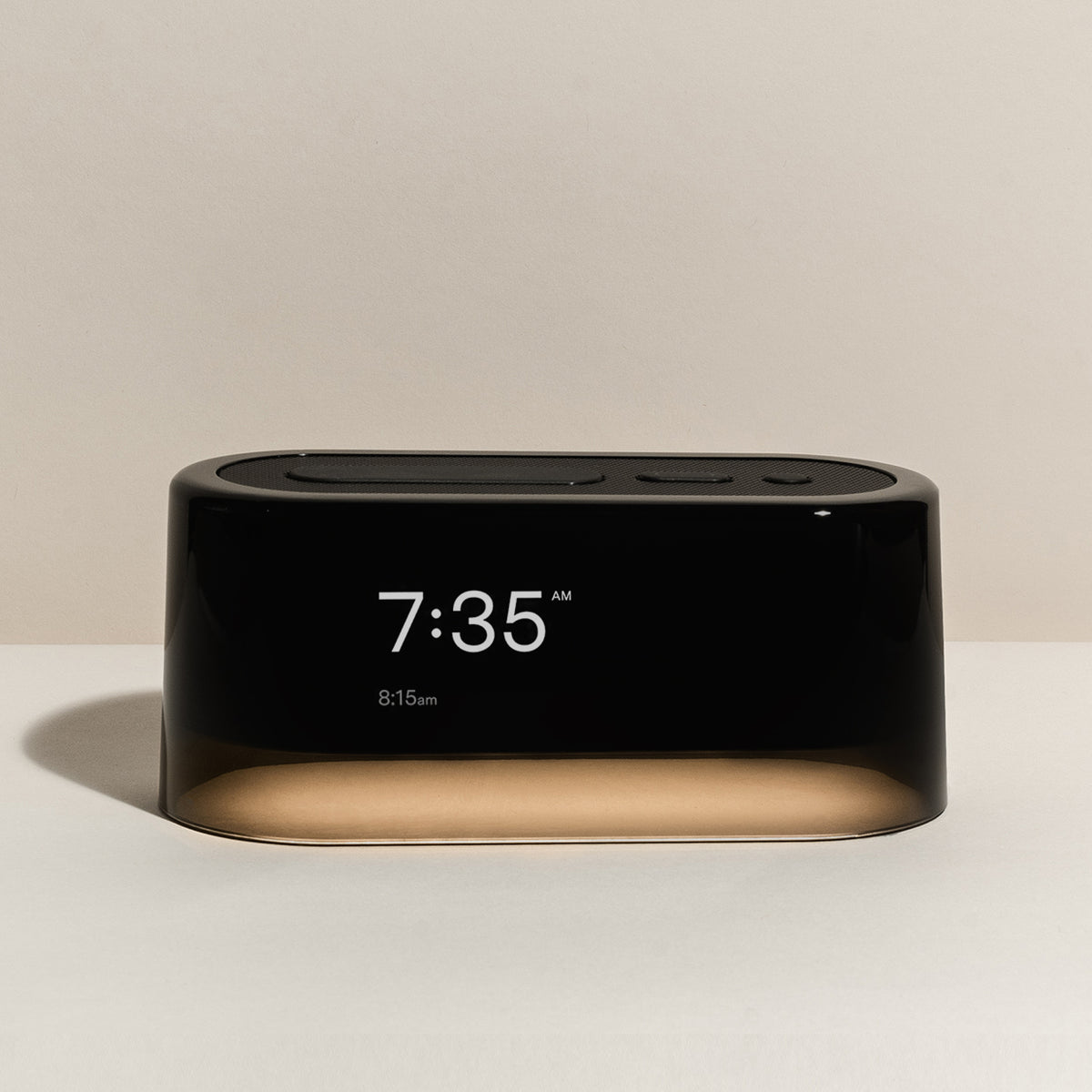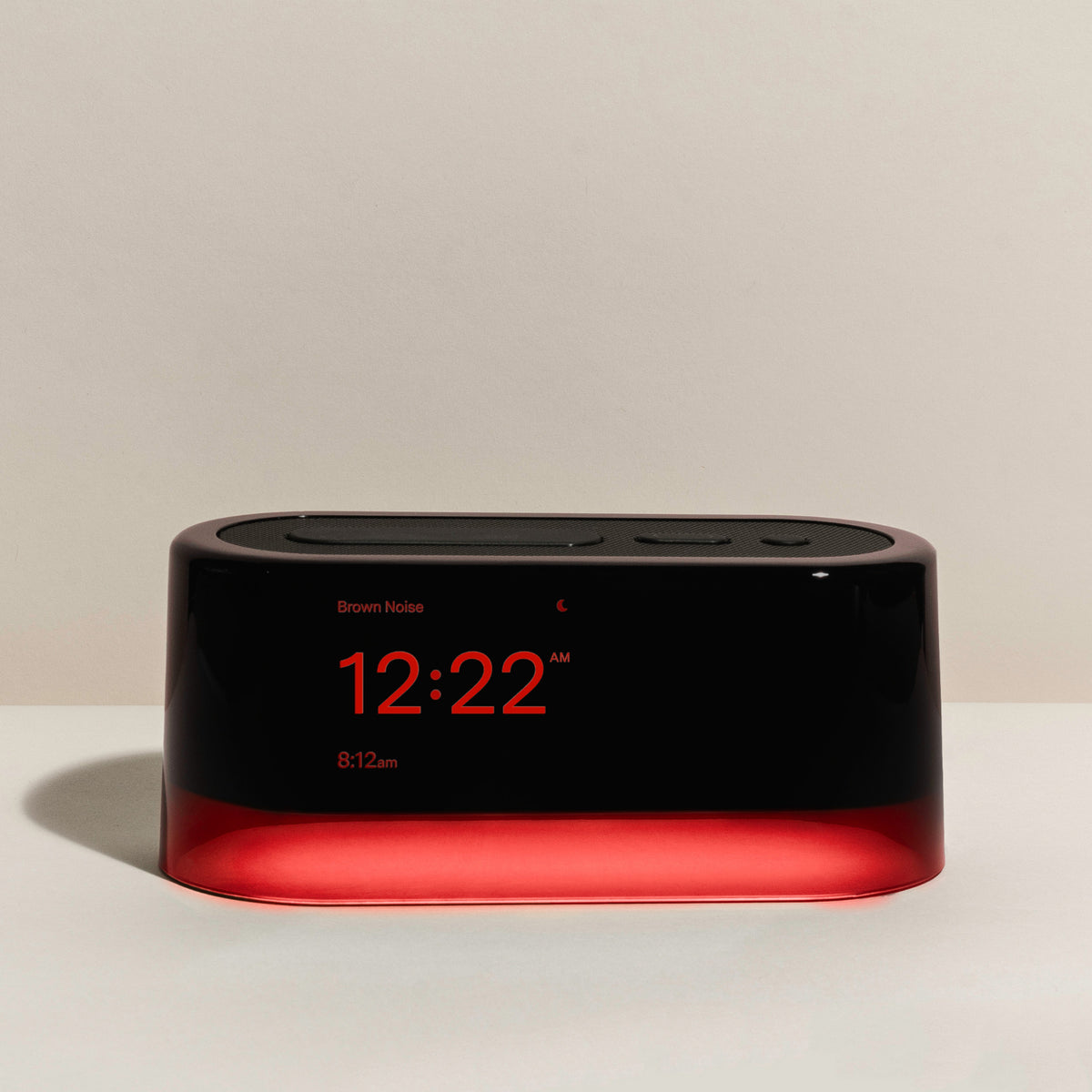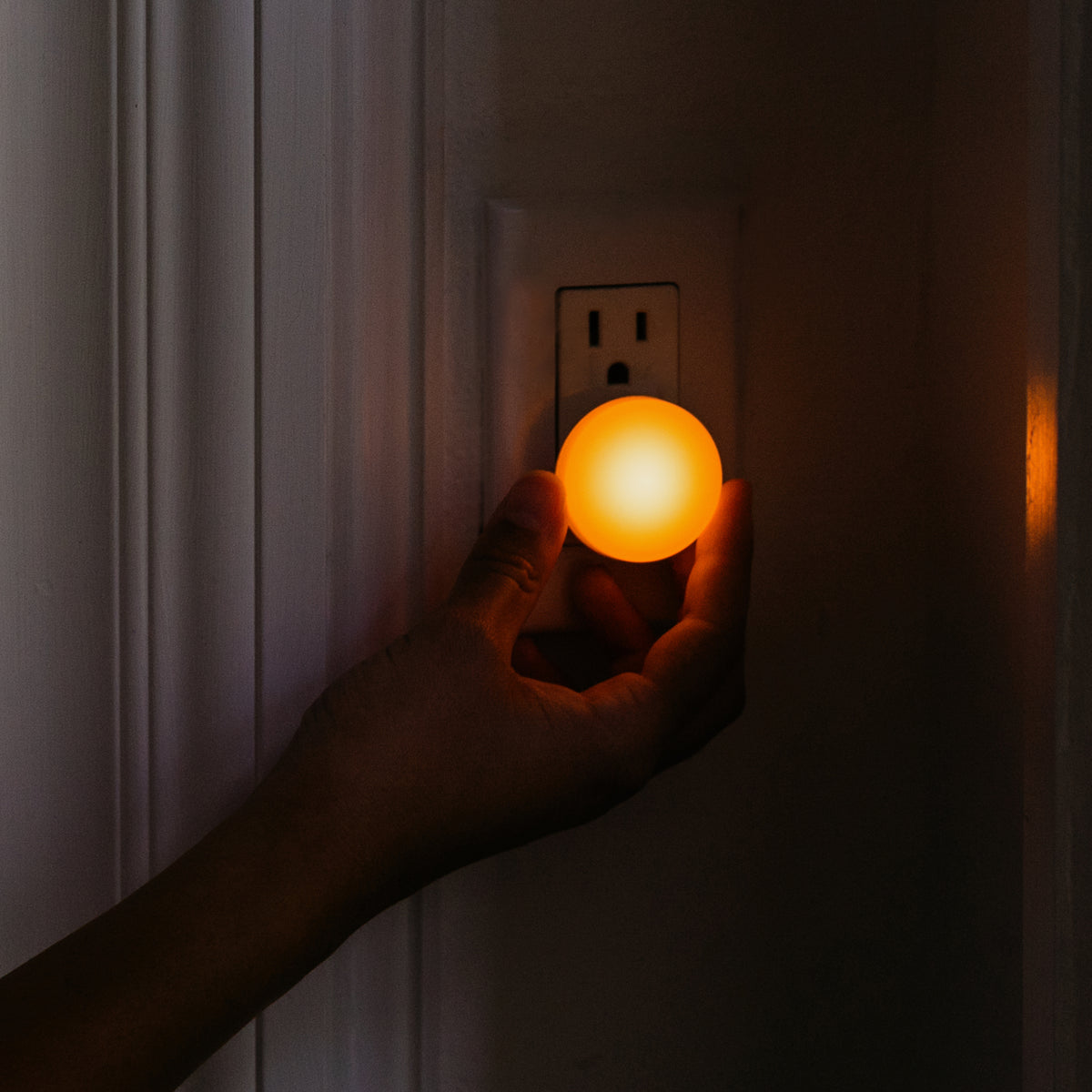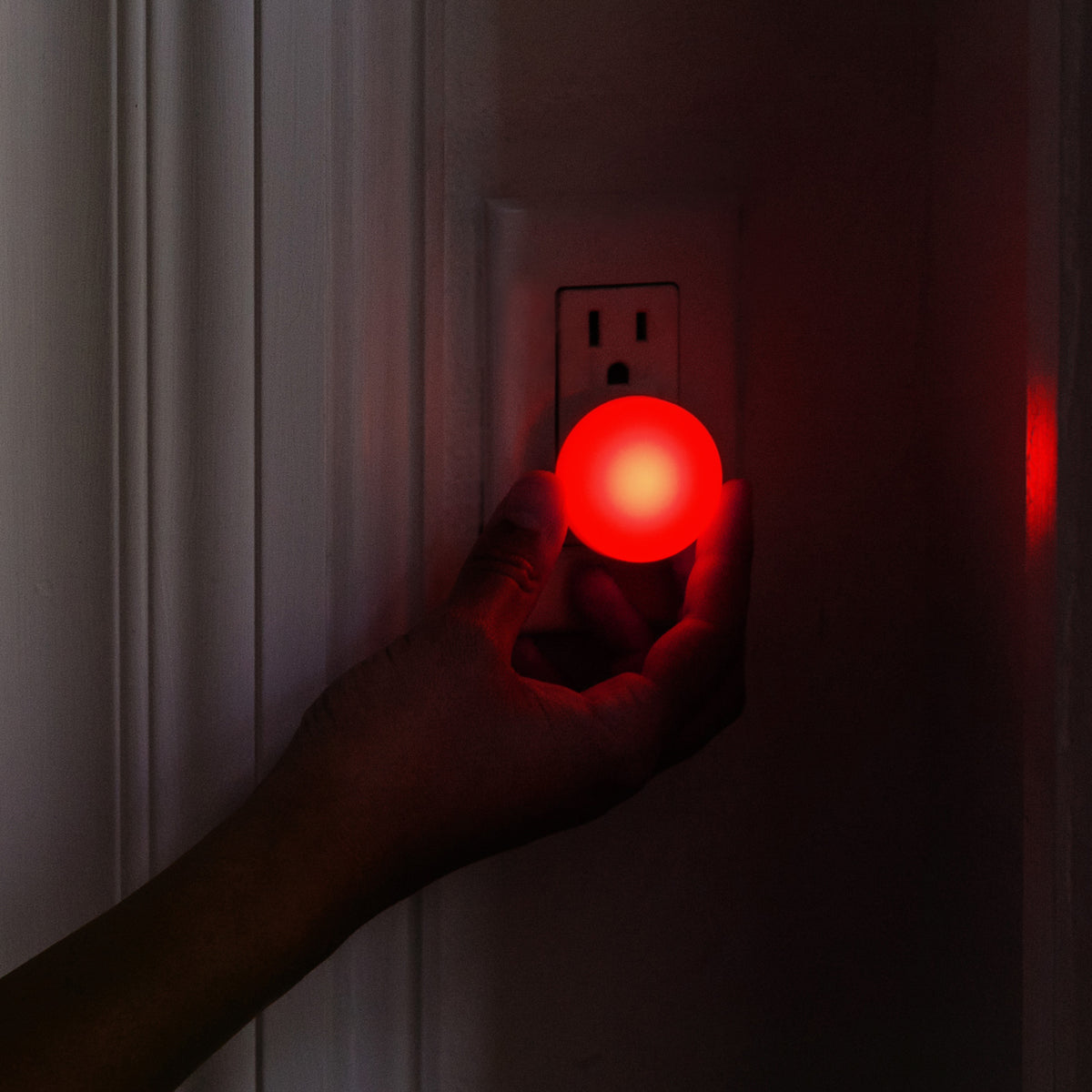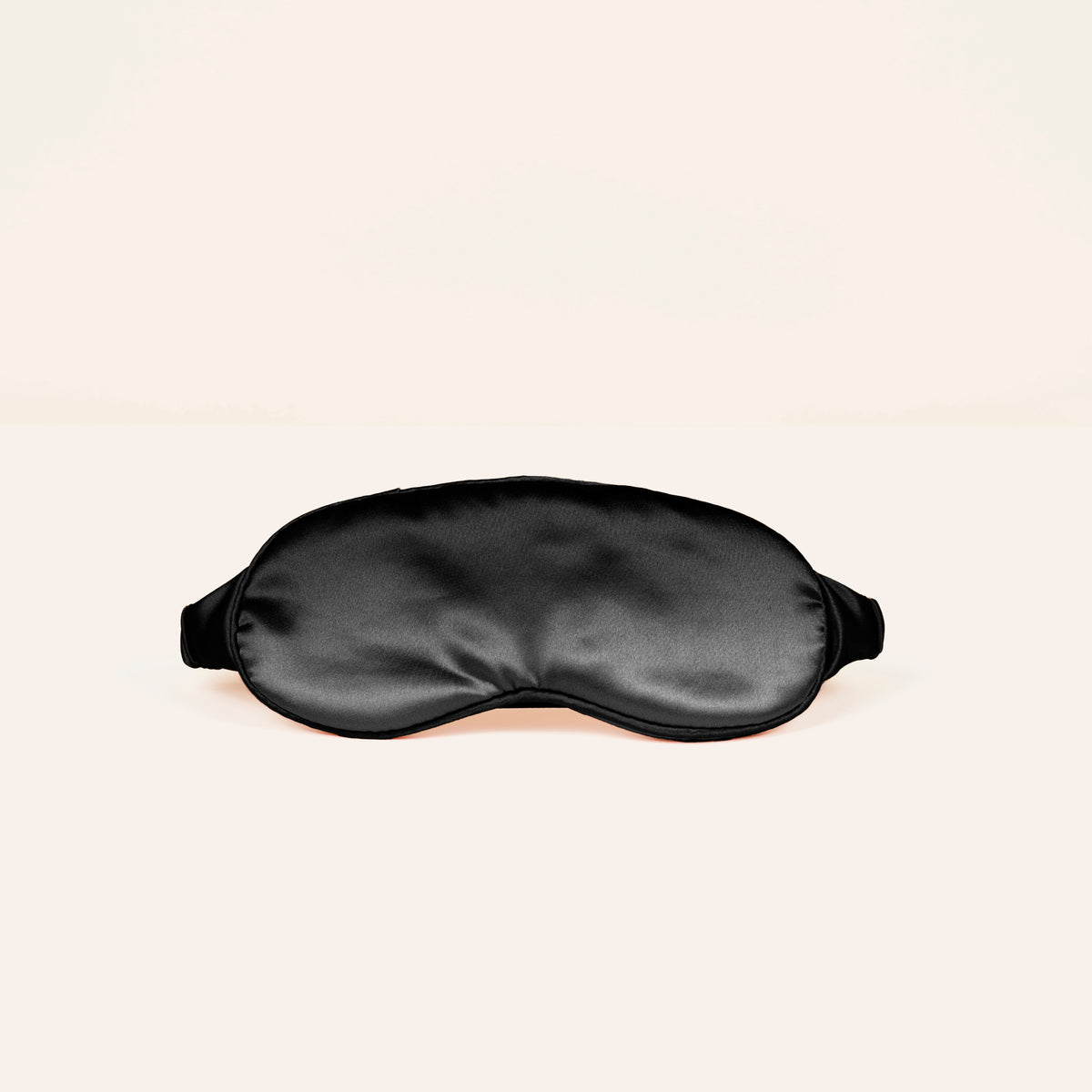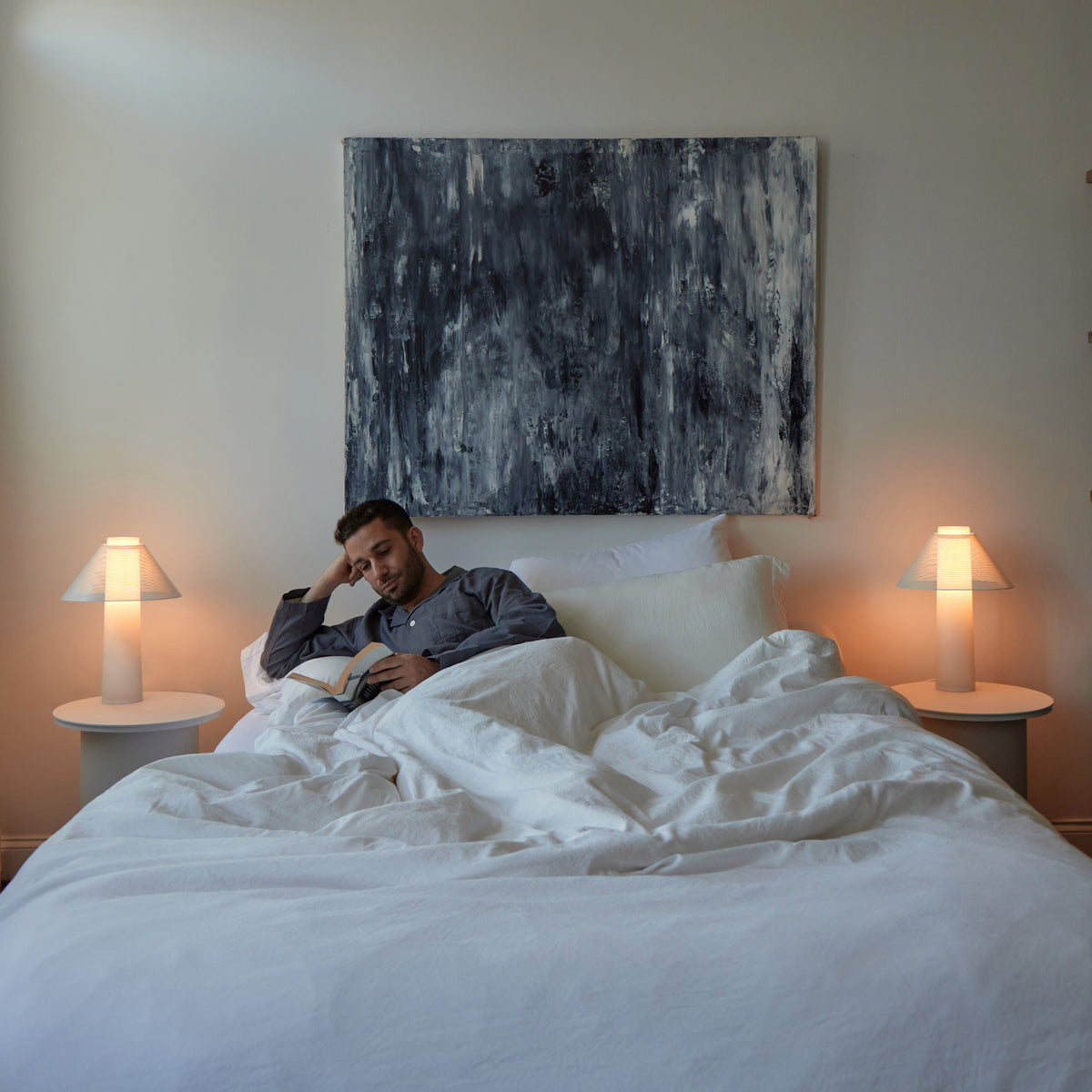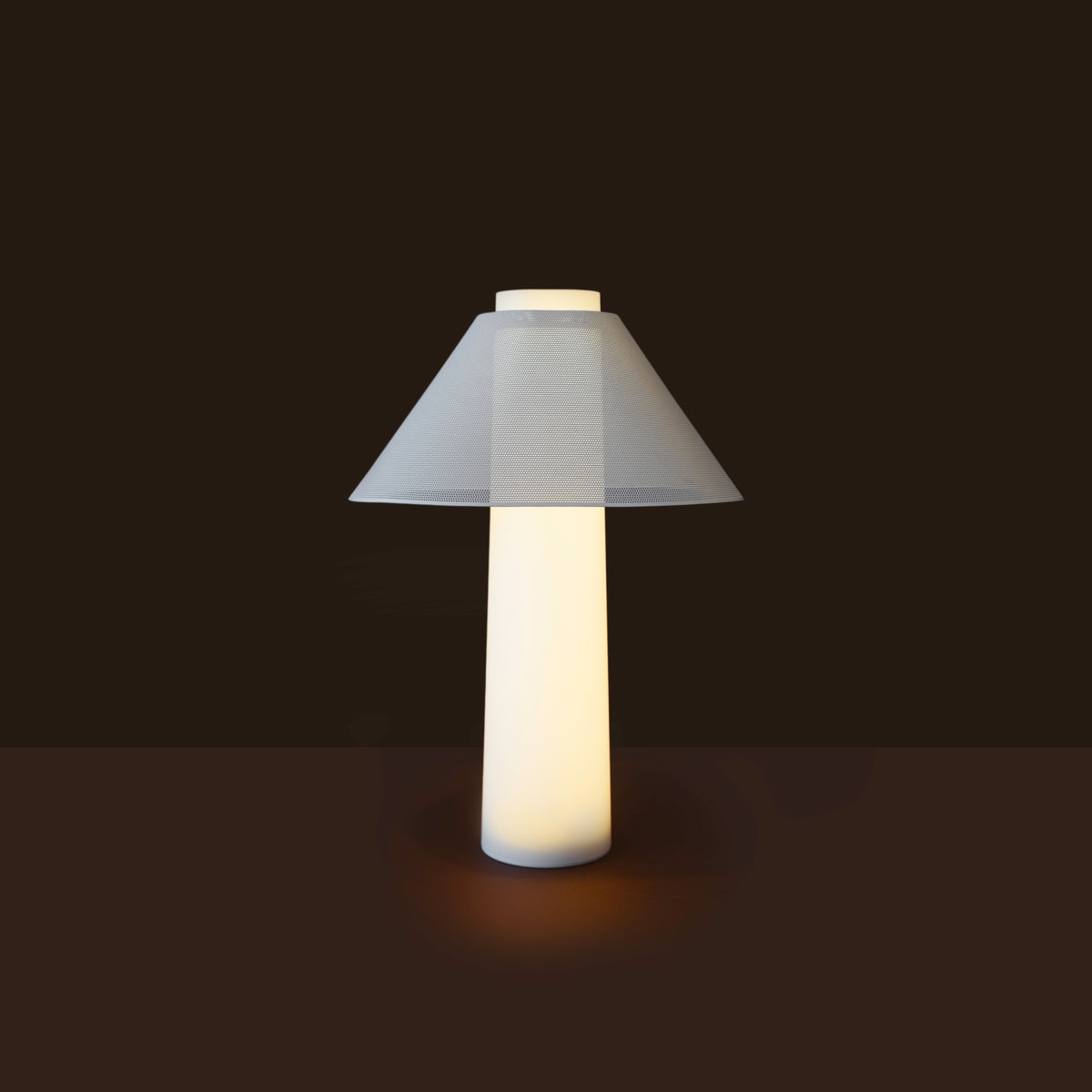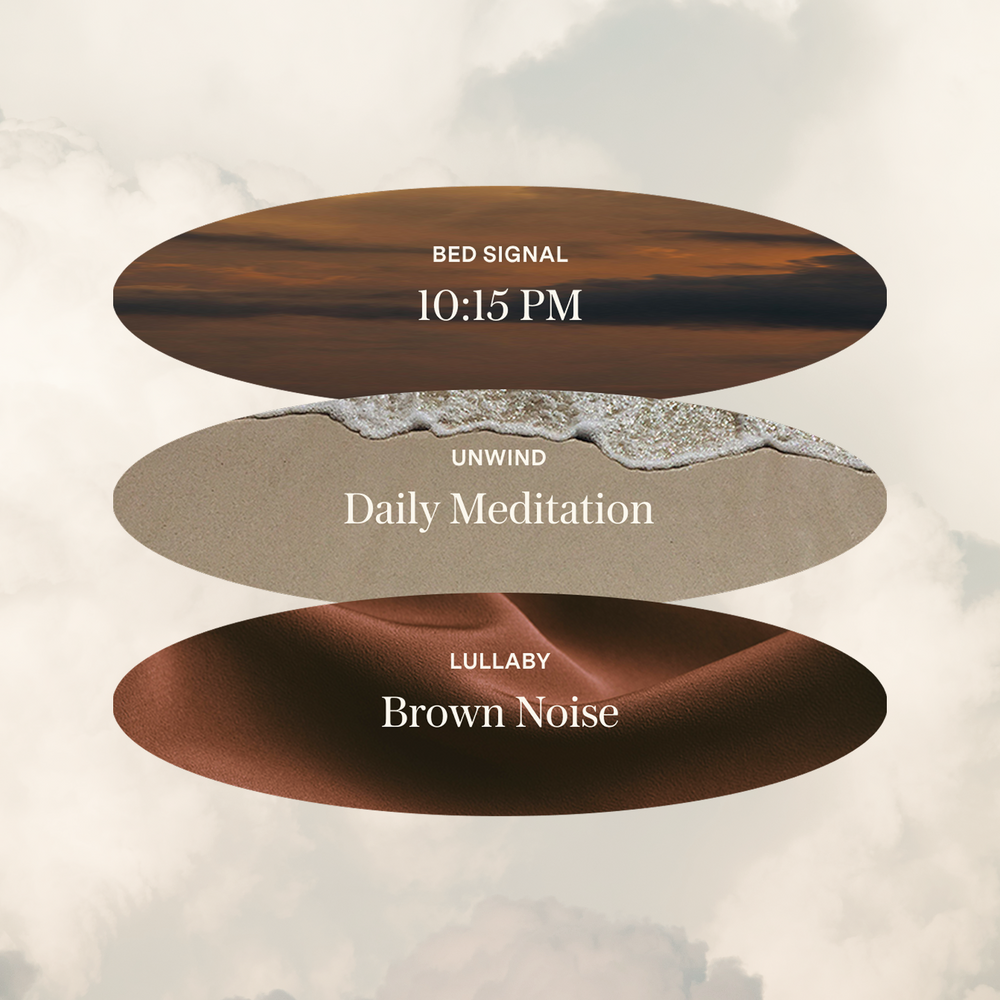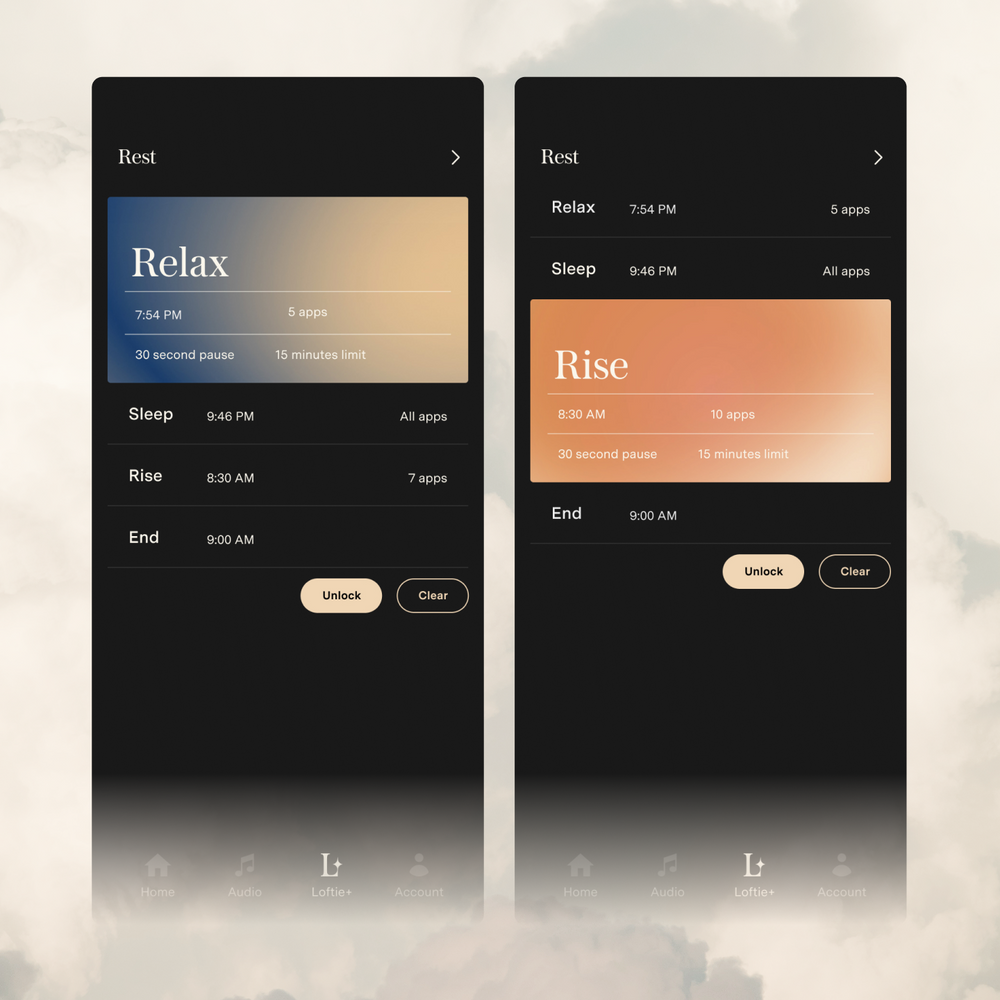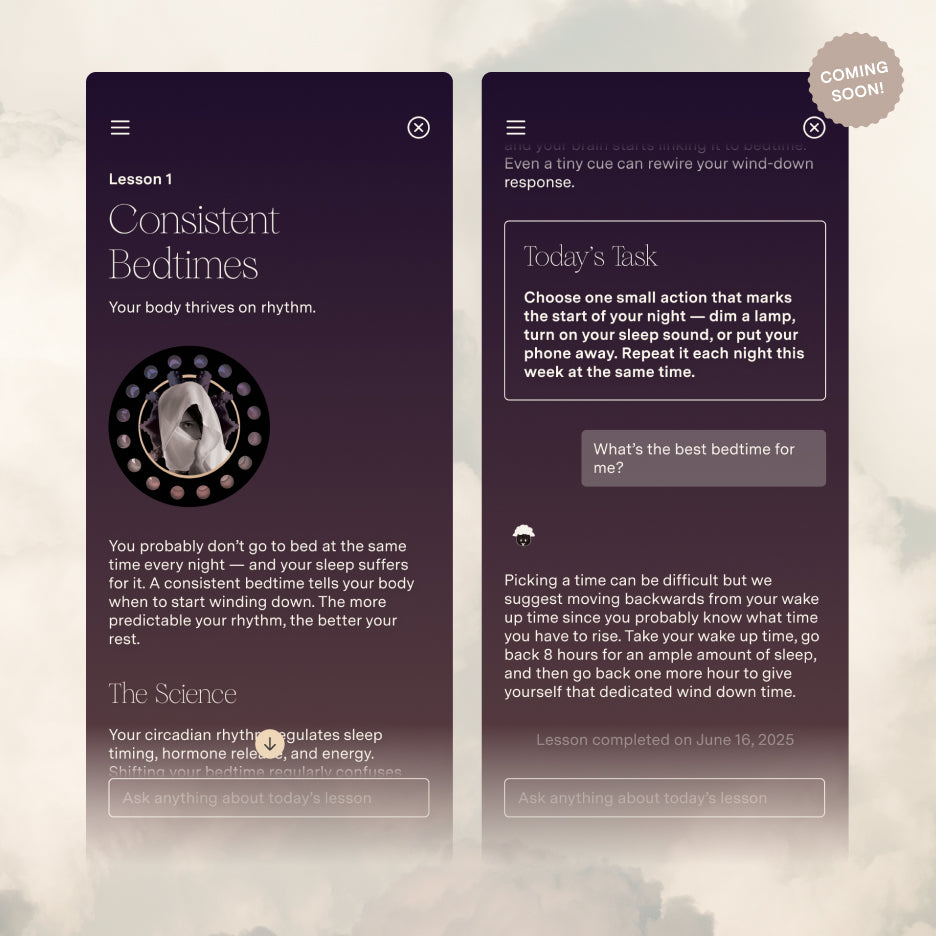Is Sleep Talking Common?
Experts have found that up to 70% of people have experienced episodes of sleep talking over the course of their lifetime. What we know is that about half of children ages 3 to 13 talk in their sleep at some point and it tends to affect males and females at the same rate. However, it’s not always a consistent occurrence, and even regular sleep talkers have to be recorded for four nights or more just to document one sleep talking episode.What Causes People To Talk In Their Sleep?
Experts aren’t sure exactly why people talk in their sleep but evidence suggests that it may have to do with genetics. In a survey of twins in 1990, researchers determined that sleep talking co-occurred more frequently with sleepwalking, teeth grinding, and nightmares in both children and adults. There also seems to be a connection between sleep talking and certain mental health conditions, specifically post-traumatic stress disorder (PTSD).Another study looking at why do people sleep talk saw a prevalence of sleep talking in children who had experienced stressful events or had symptoms of anxiety, depression, or behavioural disorders. Some experts believe that it could be related to dreaming and how the brain stores memories during sleep. Sometimes sleep talking can be associated with sleep disorders like sleepwalking, night terrors, REM behaviour sleep disorder, and disorders that make people feel confused when they wake up.
REM Sleep Behaviour Disorder
REM sleep disorder (RBD) occurs when the body doesn’t undergo the temporary paralysis experienced in REM (rapid eye movement) sleep stage to keep your body safe while dreaming. RBD can cause some unusual behaviors during the REM sleep cycle including sleep talking, walking, moving, whistling, or shouting, which in this case, sleep talking causes concern as they don’t experience the typical paralysis.RBD is common among individuals with neurological disorders like Parkinson’s disease and dementia. In a small study of four patients with Parkinson’s disease, CBD helped decrease their REM sleep disorder symptoms from 2-7 disturbances per week to 0-1 per week.
What Are The Symptoms of Sleep Talking?
The main symptom of sleep talking is speaking during sleep without being aware that you are doing so. This could sound like single words, brief phrases, or complex sentences. Typically, people who are talking in their sleep aren’t addressing actual events or memories but it can be loud, clear, easy to understand, or quiet and nonsensical. Those who experience night terrors may say things that reflect fear or anxiety. Sleep experts consider sleep talking to be benign and often do not recommend treatment unless other movements occur with sleep talking.Should I Get Help For Sleep Talking?
For most, sleep talking is harmless but it can be disruptive. If you find it impedes on your quality of life, speak with your doctor especially if you begin to experience other symptoms such as:- Daytime sleepiness
- Loud snoring
- Sleep apnea
- Unusual movements at night
- Sleep talking that begins at an older age
- Episodes of nighttime confusion
- Recent fever or illnesses
What Can I Do To Stop Sleep Talking?
Every situation is unique, and since there is still little evidence it’s difficult to know how to stop sleep talking. In rare situations when treatment has been used, doctors first look for contributing factors like side effects from medication or other medical conditions. The best treatment is to improve your sleep patterns. You can do this by ensuring you have good sleep hygiene which looks like going to bed at an hour that gives you enough time to cycle through all your sleep phases. It’s also advised to go to bed and wake up at the same time. It’s also helpful to create a calm, comfortable, and relaxing sleep space.Have A Consistent Sleep Schedule
A consistent wake and sleep time can help you adapt to a new sleep schedule. Choose to take and sleep at the same time each day and stick to it—even on weekends. Staying within 20 minutes of this chosen time can train your body and mind to wind down and wake up. Another way to make the transition easier is with the Loftie Clock, a two-phase alarm that mimics your body’s natural waking process and wakes you up gradually. Still struggling to hit your bedtime? Try increasing your bedtime by 15 or 30-minute increments earlier each night so that you can feel rested but you aren’t tossing and turning.Avoid Stimulants Near Bedtime
It may be tempting to turn to substances like alcohol, caffeine, and tobacco when you’re struggling to sleep or stay awake, but these can have the opposite effect. Drinking even a moderate amount of alcohol can delay and decrease your REM sleep cycle. Depending on the amount and timing, caffeine can lead to sleep debt by decreasing the quantity of slow-wave and REM sleep and increasing the amount of awakenings throughout the night. If you’re struggling with your sleep or are sleep talking, avoiding alcohol, caffeine, and tobacco is best.Make Your Bedroom A Sleep Haven
Create a cozy oasis that appeals to all of your senses to help you feel relaxed. Keep it simple with comfortable bedding and dim lighting. Additional comforts like weighted blankets and maintaining a cool room temperature of 65 degrees fahrenheit can help. Adding this kind of cooling effect can help you naturally produce melatonin to help you fall asleep faster. If you sleep in a city or have loud surrounding, try masking the noise with a soothing sound machine. The Loftie Clock has a variety of calming settings with sounds, breathing practices, and meditations to support you.Automate Light Exposure
Research shows that light is one of the biggest disruptors of sleep because of its effect on melatonin. Dark rooms at night encourage melatonin production making you feel naturally drowsy. It’s best to have a light in your bedroom that can encourage your natural sleep-wake cycle like the Loftie Lamp. This will gradually brighten in the morning then dim in the evening to signal to your body that it’s time to go to bed.



